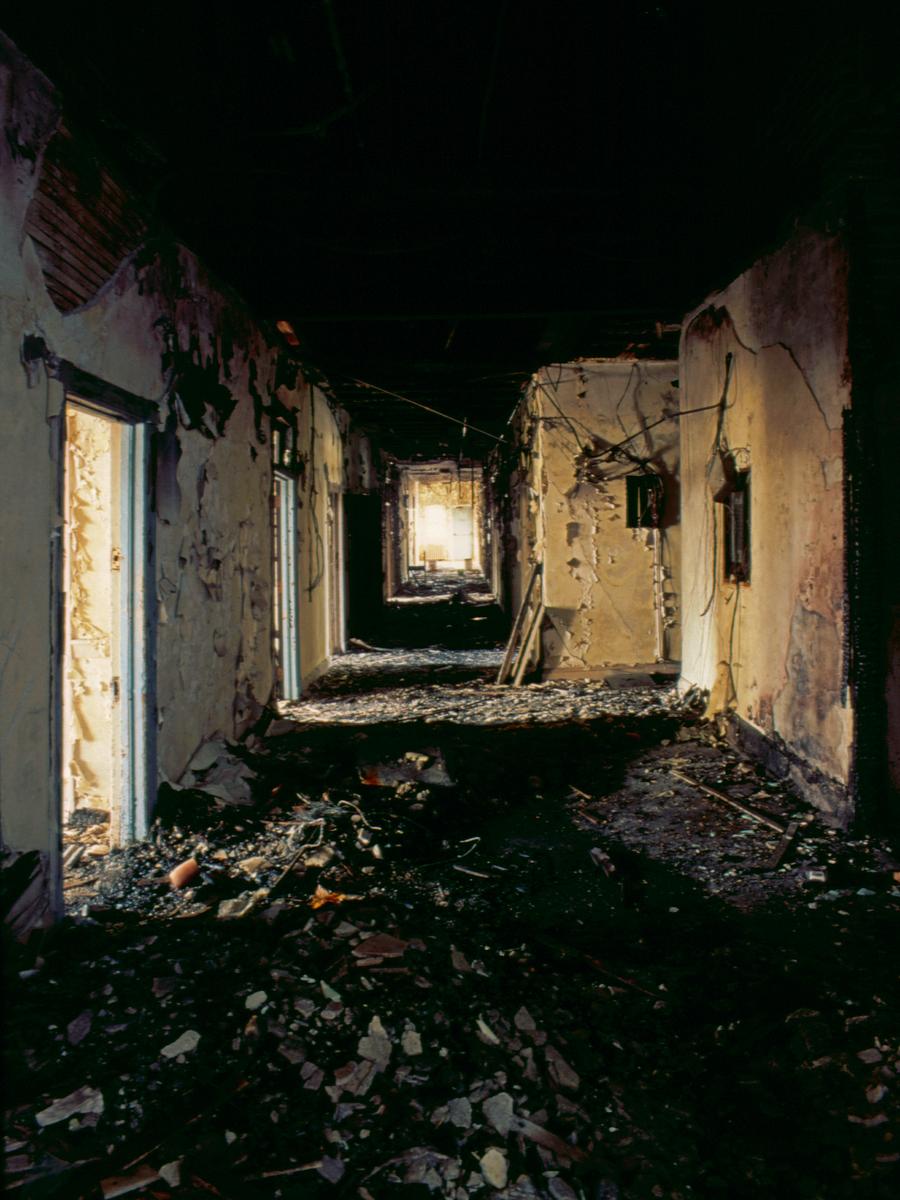The Politics of Preservation
Amelia Rono
The Germantown YWCA building, once a beloved community center, has now stood vacant for 20 years. Its future has sparked community involvement and action, yet the building remains undeveloped and in disrepair. The reasoning lies in the complicated relationship between the community, preservation, and local politics.
Councilmanic Prerogative
Councilmanic prerogative is a contentious city council tradition that is steeped in the preservation efforts of the Germantown Y. What is Councilmanic prerogative? When land use decisions are brought to the then district council members in Philadelphia, the district member residing over the geographic area has final say on the decision. The intention of this power was to protect local interests, and this unwritten agreement affords single council members significant power over their neighborhoods (Vadala, 2022).
Councilmanic prerogative isn’t just affecting the Germantown Y building– it has recently come into scrutiny with the Sixers arena proposed in Chinatown. Due to Councilmanic prerogative, councilman Mark Squilla had veto power over the proposed development. His decision influenced how other council members voted. Many argue that this tradition gives one councilmember a disproportionate amount of power. Squilla, having only received 2% of the population’s vote, made a decision that would affect the entire city (Rinde, 2024).
Councilmanic prerogative has also been criticized for allowing corruption. Most recently in 2020, council president Kenyatta Johnson was federally indicted for his use of the prerogative. Johnson allegedly accepted bribes from a developer so that he would help them develop a property in South Philadelphia (Moselle, 2022). Although acquitted, his trial highlighted the underlying tensions surrounding councilmanic prerogative.
Councilwoman Cindy Bass and her councilmanic power have played a significant role in the ongoing development efforts at the Germantown Y. Bass, who represents Philadelphia’s 8th Councilmanic District which includes Germantown, has politically backed Keith B. Key Enterprises to develop the property, despite them not making progress on the building since 2016. Much of the community have opposed KBK’s proposed development. Although KBK’s contract has since been terminated, the Philadelphia Redevelopment Authority has made it clear that any future development of the building would need Bass’s stamp of approval for it to proceed.
Act 135
However, there are ways the community has tried to sidestep Councilwoman Bass to develop the building. Ken Weinstein, a local real estate developer has been working to get the building filed under Act 135 so that development and repairs can begin on the building.
What is Act 135? Act 135 allows for court appointed conservators to take control of blighted properties when owners fail to comply with municipal code. A blighted property is defined as one that poses a threat to public health, safety, or welfare due to its physical condition, use, or occupancy status (Act 135, 2008). Despite its attempt to empower local communities to address blight in their neighborhoods, the use of Act 135 has been contentious. A report from ARC Justice Clinic reveals that Black and Asian homeowners are disproportionately impacted by the act, and the act is used mostly in neighborhoods that are experiencing gentrification. These findings conflict with the original vision of the act, which was to empower residents and improve their quality of life (ARC, 2023). However, when it comes to the Germantown Y, the Friends group hopes that Act 135 might have the power to save the building from disrepair.
If Weinstein can become conservator of the building, it would trump the need for district council approval. Without district council approval, councilwoman Bass wouldn’t be able to use her prerogative to control over the building’s future. As owner of the building, Weinstein hopes to stabilize it and begin much needed repairs, before selling it to a developer. Weinstein has promised to sell to a developer with the community’s wishes in mind.
However, Weinstein has hit some roadblocks with the process. In November 2024, the judge found the building insufficient for Act 135 because it did not qualify as blighted or abandoned. This April, an appeal was denied. Without the ruling for Act 135, the future of the Germantown Y hangs in the balance.
The different stakeholders making claims for the building and its property demonstrate the complex matrix of laws, regulations, and practices as well as the negotiations required to ensure public representation. The politics raise critical questions about who has a right to this space and for what purpose.
Works Cited
-
https://www.inquirer.com/news/councilmanic-prerogative-philadelphia-city-council-20220321.html
-
https://billypenn.com/2024/02/01/philly-councilmanic-prerogative-explained/
-
https://whyy.org/articles/kenyatta-johnson-corruption-trial-jury-selection-city-council/
-
https://www.legis.state.pa.us/cfdocs/legis/li/uconsCheck.cfm?yr=2008&sessInd=0&act=135
-
https://www.law.upenn.edu/live/news/16299-the-disproportionate-impact-of-act-135
